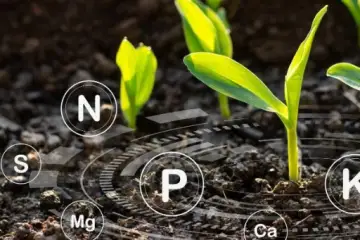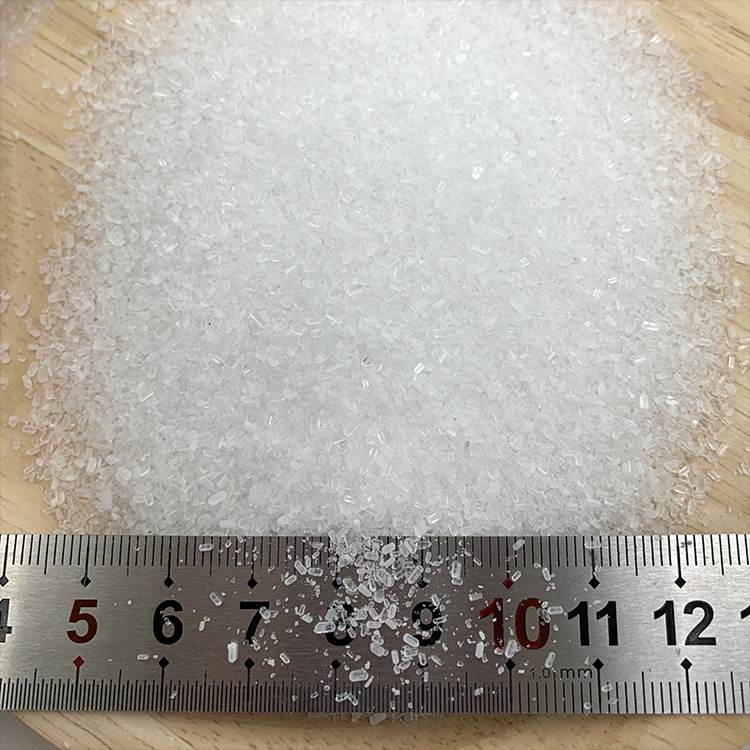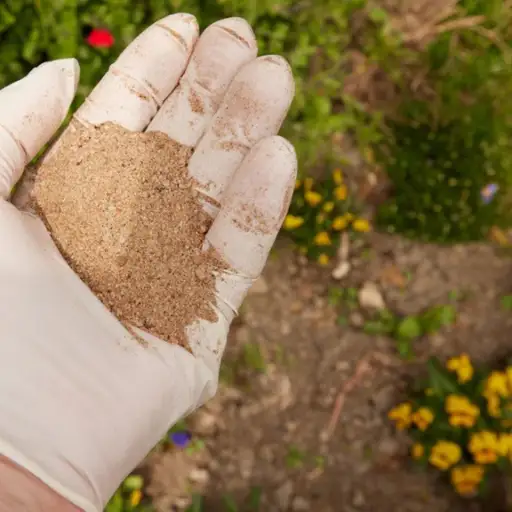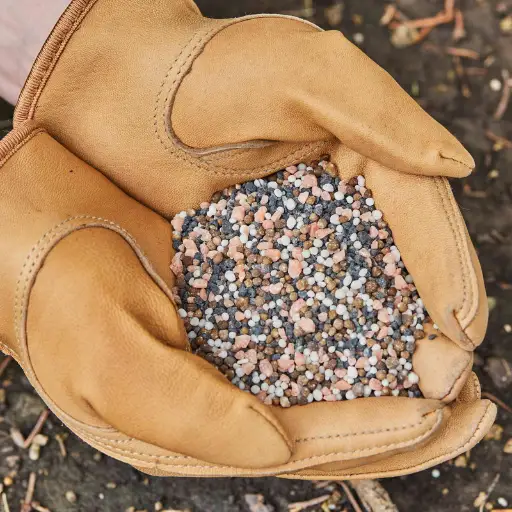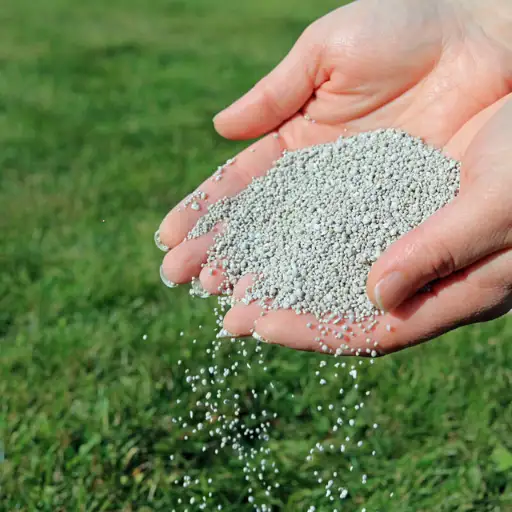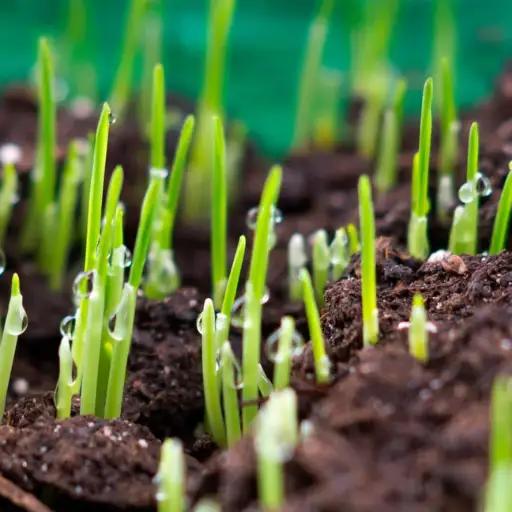Introduction to Organic Rose Care
Bringing your rose gardening practices into the 21st century by adopting organic methods can benefit both your roses and the environment. Organic rose fertilizer, derived from natural decaying matter, enriches the soil in your garden beds as it continues to break down. This gradual enrichment results in a fertile soil that remains nutrient-rich over the years. Moreover, the slow dissolution of nutrients in organic fertilizers minimizes the risks of nutrient burn or environmental runoff, which could otherwise harm local waterways.
Organic rose fertilizer presents a safer option for gardeners aiming to create sustainable gardens. The National Gardening Association emphasizes the importance of soil fertility in plant growth. Linda Chalker-Scott highlights that organic fertilizers enhance microbial activity in the soil, crucial for nutrient uptake by plant roots. High microbial activity also bolsters plant immune health, reducing the dependency on pesticides and leading to thriving plant growth. Chalker-Scott notes, “Adding organic matter to garden soil is essential for long-term success. It improves water retention, promotes better aeration, and supports a thriving ecosystem of microbes and beneficial organisms.” Consequently, a healthy soil environment translates into robust, vibrant roses.
Benefits Over Synthetic Fertilizers
Organic fertilizers have several advantages over synthetic alternatives:
- Environmental Safety: Organic options significantly reduce the risk of harmful runoff that can pollute water bodies.
- Enhanced Soil Life: Repeated use of organic fertilizers increases both the organic matter and microbial life within the soil.
- Plant Vigor: Plants grown organically generally exhibit better health and greater resistance to pests and diseases due to the enriched soil conditions.
Understanding these foundational principles is crucial when selecting and applying organic fertilizers. By choosing the right organic options, you can nurture roses that are not only beautiful but also sustainably grown and environmentally friendly.
Selecting the Right Organic Rose Fertilizer
Choosing the right type of fertilizer is crucial for the health and flowering of roses in your garden. Organic fertilizers are often preferred for their natural and sustainable qualities. This section will explore the best organic fertilizers for roses and help you select the most suitable one for your garden.
Types of Organic Rose Fertilizers:
- Fish Emulsion: Great for quick nitrogen release, fish emulsion is ideal for encouraging lush foliage in roses. It should be used carefully to prevent nitrogen burn.
- Bone Meal: Known for its high phosphorus content, bone meal promotes strong root growth and flower production. It is slow-releasing, making it perfect for long-term nutritional support.
- Compost Tea: This gentle fertilizer enhances microbial life in the soil, which helps plants absorb nutrients more effectively and boosts overall plant health.
- Seaweed Extracts: Packed with micronutrients and growth-promoting hormones, seaweed extracts are excellent for stimulating vigor and increasing disease resistance in roses.
Nutrient Content and Release Rates:
Understanding the nutrient content and how quickly they are released by organic fertilizers is essential. Organic options often provide a slower, more consistent release of nutrients, which helps prevent overwhelming the plants.
Choosing the Best Fertilizer for Your Roses:
- Soil Testing: Before applying fertilizer, conduct a soil test to determine the existing nutrient levels and pH. This information will guide you in choosing the right fertilizer.
- Consider Rose Varieties: Different types of roses may have specific nutritional needs. Select a fertilizer that complements the particular needs of the rose variety you are cultivating.
- Seasonal Application: Tailor your fertilization strategy to your rose’s growth cycle. Opt for higher phosphorus fertilizers during the blooming period to encourage more robust blooms.
By selecting the appropriate organic rose fertilizer, you ensure that your roses are healthy, vibrant, and productive. Understanding your plants’ needs and adjusting your gardening practices accordingly will lead to the best outcomes.

Application Techniques for Organic Rose Fertilizer
Understanding the Fertilization Needs of Roses
Even within the same species, Rosa, roses have various named varieties that may have unique nutritional needs depending on their growth stages. For example, a young rose might require more nitrogen for robust foliage and stem growth, whereas a mature, blooming rose might benefit more from increased phosphorus to support flower production. Recognizing these needs is crucial for effective use of organic rose fertilizer.
Best Practices for Fertilizer Application
- Timing: Optimal fertilization times include early spring as new leaves emerge and just before blooming to support bud formation. Avoid fertilizing in late fall to prevent new growth that could be damaged by winter cold.
- Method of Application:
- Soil Application: This involves spreading fertilizer around the base of the plant and mixing it gently into the soil. This method ensures a slow and effective integration of nutrients, reaching the roots without overwhelming the plant.
- Foliar Application: Less common with roses, this method involves spraying a diluted solution directly onto the foliage. It’s used primarily for quick nutrient boosts when plants show signs of deficiencies.
- Dosage and Concentration: Always adhere to the manufacturer’s recommended dosage. Over-fertilizing can lead to nutrient burn, while under-fertilizing may not meet the plant’s nutritional needs. Gradual and consistent application is key.
Application Interval
- Fertilizer should be applied every 4 to 6 weeks during the growing season, adjusting based on the plant’s response and growth rate. Slow-release formulas may require less frequent application.
Common Mistakes to Avoid
- Over-fertilizing: Excessive use can lead to salt accumulation in the soil, which may burn roots and impair plant growth.
- Poor timing: Applying fertilizer at the wrong time can promote growth that won’t withstand seasonal weather changes, particularly in colder climates.
- Ignoring Soil pH: It’s important to maintain soil pH within an optimal range for rose health, as incorrect pH can inhibit nutrient uptake.
By adhering to these guidelines, gardeners can maximize the benefits of organic rose fertilizer, leading to healthier plants and more vibrant blooms. Adjusting practices based on the specific type of rose and its condition will ensure the best possible outcomes.
Enhancing Soil Health with Organic Practices
Proper soil health is vital to growing roses organically. It’s crucial to understand how to build and maintain the soil in harmony with your roses, enhancing their vigor and providing resistance to diseases.
Strategies for Improving Soil Structure and Fertility
- Composting: Adding compost to rose beds introduces necessary organic matter, improving soil texture, water retention, and delivering nutrients through microbial activity.
- Mulching: Using organic materials like bark or leaf mold to cover the soil conserves moisture, controls weeds, and contributes to the humus content over time.
Benefits of Organic Amendments
- Increased Microbial Activity: Organic practices boost the variety and number of soil microbes, crucial for nutrient cycling and availability.
- Enhanced Nutrient Uptake: Healthier soil from organic amendments promotes better root growth and nutrient uptake, leading to healthier plants.
Role of pH and Nutrient Balance
- Adjusting Soil pH: Roses typically thrive in slightly acidic soil. Organic amendments can gradually modify soil pH to optimal levels.
- Balanced Nutrients: Organic fertilizers provide nutrients that are released slowly, avoiding the shock and burn associated with synthetic fertilizers.
Incorporating Organic Fertilizers
How to integrate the best organic rose fertilizers like compost teas and fish emulsions into a comprehensive soil management plan for sustaining long-term fertility and robust rose bushes.
Composting, conserving soil life, and recycling garden and household waste are long-term investments in garden sustainability. They create a balance between the gardener’s needs and the environmental demands, ensuring healthy roses and a sustainable garden ecosystem.
Troubleshooting Common Issues with Organic Fertilization
Understanding how to navigate the challenges of organic fertilization can significantly impact the health and beauty of your rose garden. Below are detailed insights on identifying nutrient deficiencies and modifying fertilization practices to ensure your roses thrive.
Identifying Nutrient Deficiencies in Roses
- Nitrogen Deficiency: Typically shows as yellowing of older leaves while the veins remain green. To rectify this, apply a balanced organic rose fertilizer that is rich in nitrogen.
- Phosphorus Deficiency: Dark green foliage turning purplish on the undersides and stems, often accompanied by stunted growth, indicates a lack of phosphorus. Bone meal is an effective organic option to enhance phosphorus levels.
- Potassium Deficiency: Symptoms include pinched brown scorching of leaf tips and yellowing between veins. Utilizing greensand or other potassium-rich organic fertilizers can help alleviate these issues.
Modifying Fertilization Practices
- Adjust Fertilizer Applications: If the foliage appears lush but flowers are sparse, reduce the frequency and quantity of fertilizer to balance growth.
- Enhance Application Techniques: Ensure the fertilizer is evenly distributed and reaches the roots by incorporating deep-root feeding, which can be more effective than surface application.
- Seasonal Adjustments: Tailor your fertilization strategy to your roses’ growth cycle. Increase phosphorus during the blooming period to promote better blooms and decrease nitrogen in late summer to prepare plants for winter.
Seeking Professional Advice
- Persistent Problems: If issues continue despite your best efforts, consider consulting with a horticultural expert or an extension agent who specializes in organic gardening.
- Soil Testing: Regular professional soil testing can provide a comprehensive view of your soil’s health and nutrient profile, helping you fine-tune your fertilization strategy.
By understanding and addressing these common issues with organic fertilization, you can ensure your roses are not only surviving but thriving, offering beautiful blooms and robust health.

Conclusion: Maximizing Rose Health with Organic Fertilization
Opting for organic rose fertilizer not only boosts the growth and flowering of your roses but also supports sustainable gardening practices. Here’s a summary of the key advantages and considerations:
- Environmental Advantages: Organic fertilizer is environmentally friendly, significantly reducing the risk of harmful runoff that could damage local ecosystems.
- Soil Health: These fertilizers enhance the structural stability and biological activity in the soil, improving nutrient availability.
- Plant Health: Roses nourished with organic options tend to exhibit more vigorous growth and greater resistance to pests and diseases compared to those treated with synthetic products.
- Cost Considerations: Although organic fertilizers can be more expensive, their long-term benefits for the environment and plant health often justify the investment.
- Safety Concerns: It’s essential to ensure that organic fertilizers, especially those derived from animal waste, are free from pathogens and heavy metals to avoid health risks.
Encouragement for Ongoing Research and Adaptation of Organic Practices
The journey towards perfecting organic rose cultivation is continuous. Gardeners are encouraged to:
- Experiment with Different Fertilizers: Finding the right organic fertilizer may require testing various types to see which best suits your roses.
- Stay Informed: Keeping abreast of the latest research in organic gardening will help you apply the most effective methods.
Future Trends in Organic Rose Fertilization
The future of rose gardening looks promising with an increasing shift towards organic practices:
- Advancements in Organic Products: Ongoing development of more effective and environmentally friendly organic fertilizers will enhance their appeal and efficacy.
- Increased Focus on Sustainability: There will be a greater emphasis on sustainable practices that not only benefit plant health but also contribute to ecological well-being.
By embracing these organic methods, gardeners not only ensure the flourishing of their roses but also contribute to a healthier environment, ensuring a sustainable future for gardening. This holistic approach using organic rose fertilizer not only enhances the beauty and productivity of your garden but also promotes a sustainable relationship with our environment.
FAQs: Common Questions About Organic Rose Fertilizer
What is organic rose fertilizer?
An organic rose fertilizer is made from natural biodegradable substances and it is free of any synthetic chemicals. Generally, it consists of compost with the use of bone meal, fish emulsion and seaweed extracts to provide a balanced diet of nutrients in the form that are suitable for the plants in a timely fashion.
Why use organic fertilizer for roses?
Organic fertilizers have a positive influence on soil health, as a more active micro-fauna leads to better absorption of nutrients and a positive effect on the organism’s resilience against parasites and pests. Furthermore, the nutrients used in the production of organic fertilizers are less prone to runoff, risking polluting nearby ecosystems.
How often should I apply organic fertilizer to my roses?
If you’re using a slow-release fertilizer (bone meal or compost, for example) that will feed your plants for two or three months, apply it every two to three months during the growing season. If you’re using a fast-release fertilizer such as liquid fish emulsion, you may apply it every 4 to 6 weeks.
Can organic fertilizers burn plants?
It is certainly true that organic fertilizers, on the whole, are safer than synthetic fertilizers (although some inorganic fertilizers are still among the safest around) and are less likely to burn your plants than others (although all can do if applications are overly high), but failing to follow application guidelines or else under- or over-estimating nutrient needs based on a soil with its own unpredictable nutrient demands will find some compost steaming nearby regardless.
How do I choose the right type of organic fertilizer for my roses?
To find the best fertilizer for your rose bushes, you need to know and understand the nutrient requirements that your growing roses need at different stages of their development. For instance, a fertilizer that is rich in nitrogen can boost their foliage growth, while one high in phosphorus can boost their flower production. If your roses are not growing well, you can even get a test that will identify what nutrient is missing from your soil so that you can incorporate a fertilizer that will complement the nutrient profile of the soil.
Are there any special considerations for using organic fertilizers in different climates?
And in cooler climates, you’ll want to stop applying fertilizer around late summer because new growth will be more likely to be damaged by frost. If you live in a warmer climate, you might want to feed your roses year-round in order to encourage continuous blooming. So, adjust your fertilisation schedule based on the weather conditions and seasonal patterns in your locality.
Here are some references on organic rose fertilizer:
- The University of California’s Master Gardeners provide detailed insights into growing roses in coastal areas, with specific attention to selecting hardy varieties and managing environmental challenges. This resource is particularly useful for understanding the impact of local conditions on rose health and fertilization needs.
- The Home & Garden Information Center at Clemson University offers a comprehensive guide on different types of roses, including tips on their care and fertilization needs. This resource can help you identify specific fertilization requirements based on rose types and their particular growth habits.


